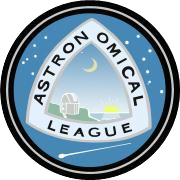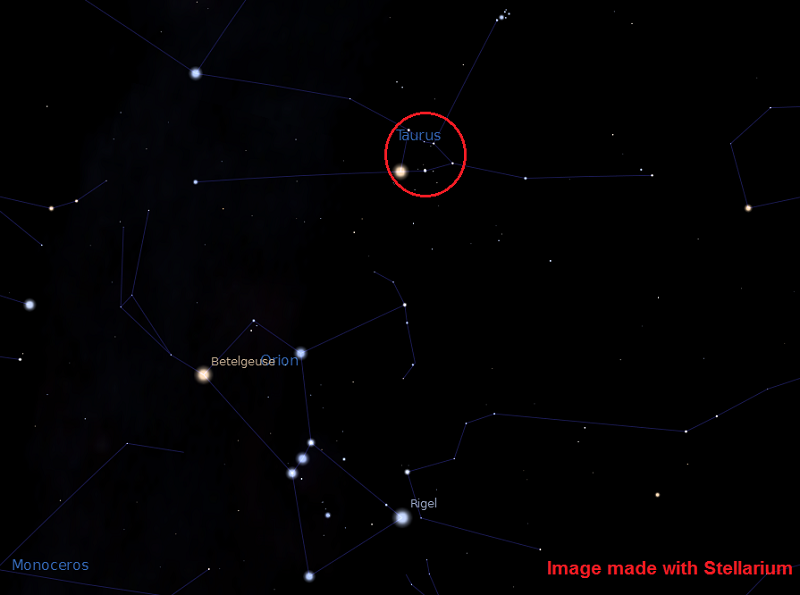April 1 and 28, 2017
Every GAM we run a series of Observing Challenges, developed by The Astronomical League. Whether you are a complete novice to astronomy or a seasoned veteran there will be something for you! Some of the challenges can be done in a night and some will take the whole month.
If you are a sidewalk astronomer or part of an astronomy club you might like to run events to help people complete the challenges. If are planning an Observing Challenge event, don't forget to register your event!
Discuss your observations, ask and answer questions and meet fellow astronomers working on these challenges from around the world in our forum.
Share your photos from this challenge with us and the world on Facebook, or Tweet using #GAM2017 hashtag (@gam_awb).
The Moon plows through the Hyades
From April 1, 3:00 – 10:00 UTC, and from April 28, 10:00 – 21:00 UTC, the crescent Moon will move in front of the Hyades star cluster. The Hyades is the nearest open cluster to the Earth and is made up of hundreds of stars. It is very close to the red giant star Aldebaran, which is often mistakenly called part of the cluster, it is in fact not, but it is along the same line of site when viewed from the Earth. The cluster appears to be in a v-shape and makes up the face of the bull in the constellation of Taurus.
During this event the Moon will slowly pass in front of this cluster, observe the event through binoculars and capture it with a digital camera. Note you location and time for each photo. As the minutes pass, the dark edge of the Moon slowly moves in front of different stars, blocking them from view. Other stars pop out the moon’s brightly lit side. This demonstrates that, even though the moon appears to move westward in our sky (which is due to our planet’s rotation), it is also traveling eastward in its orbit around Earth. It moves about one of its diameters every hour.

The Hyades form the head of the bull in the constellation of Taurus. Find the belt of Orion and extend it in a line towards Taurus and you will hit the bottom of the cluster. The orientation of the above image may change depending on where you are viewing from. This image was made with the free open source planetarium Stellarium.
Share your photos with us on Facebook, or Tweet using #GAM2017 hashtag (@gam_awb).








